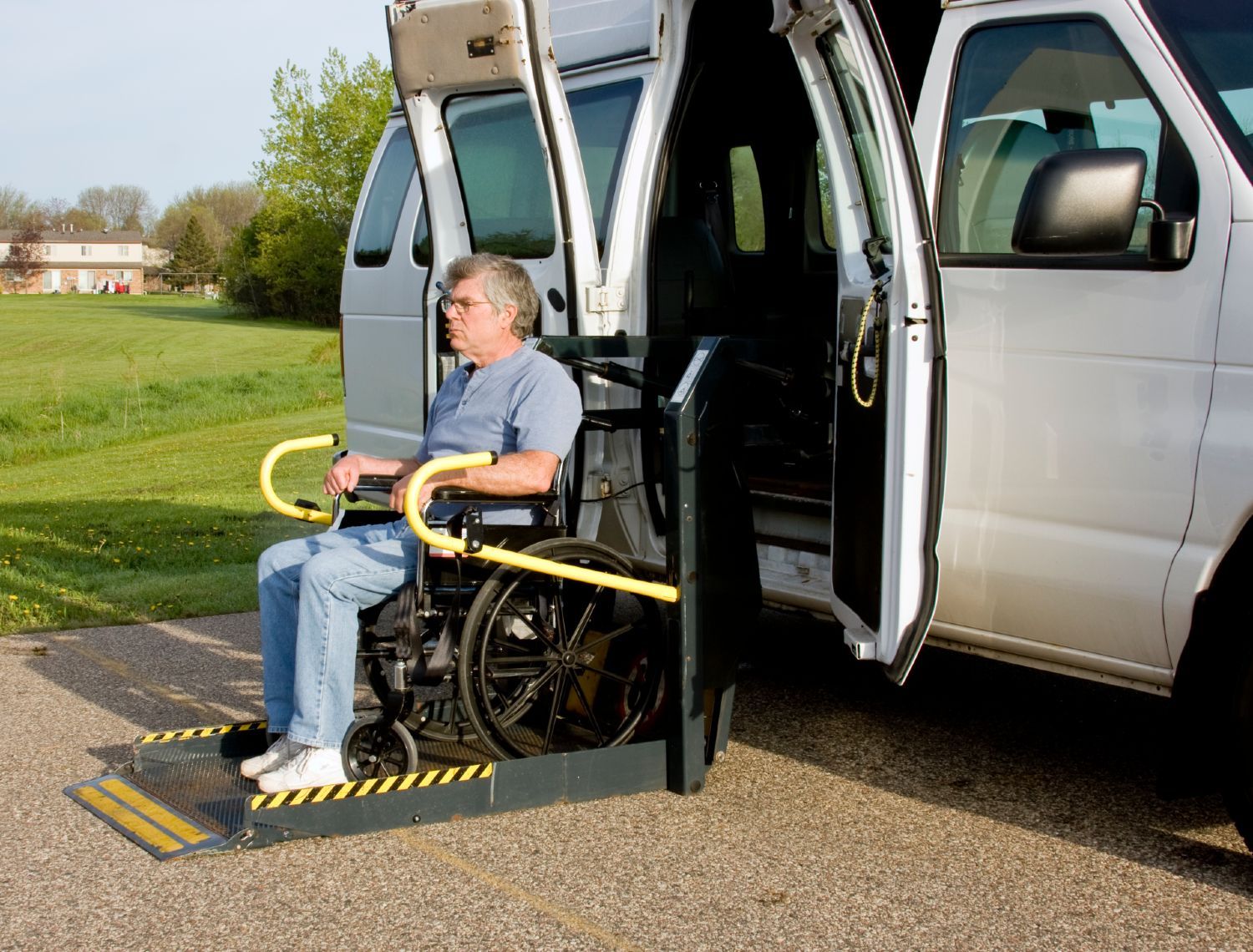Top Class Actions’s website and social media posts use affiliate links. If you make a purchase using such links, we may receive a commission, but it will not result in any additional charges to you. Please review our Affiliate Link Disclosure for more information.
Lawyers for the company behind the Lyft app moved last week for dismissal of a class action lawsuit brought against it for not having enough wheelchair-accessible vehicles.
Attorneys representing Lyft Inc. filed a motion in U.S. District Court for the Northern District of California on Sept. 3 asking the judge in the case to rule that the plaintiffs don’t really have a case because there isn’t enough demand to warrant adding more wheelchair-accessible vehicles to Lyft’s fleet.
In asking for a summary judgment in Lyft’s favor, the company’s lawyers want the judge to toss the class action out.
The Independent Living Resource Center of San Francisco, Community Resources for Independent Living and four individuals, Tara Ayres, Sascha Bittner, Julie Fuller and Judith Smith, are suing Lyft over what they say are violations of the Americans with Disabilities Act.
The plaintiffs claim the Lyft app for ride-hailing doesn’t offer enough wheelchair-accessible vehicles in California’s Bay Area – San Francisco, Alameda and Contra Costa counties.
In its motion seeking to end the class action, Lyft Inc. argues its statistics show the number of users who request wheelchair-accessible rides are minimal in the areas where the Lyft app offers them, including in the Bay Area.
Lyft only offers the wheelchair-accessible vehicle rides in nine metropolitan regions – Boston; Chicago; Dallas; Los Angeles; New York City; Philadelphia; Portland, Oregon; Phoenix; and San Francisco – places that either require it to do so by regulation or where the company has partnered with a transit agency.
“Lyft data confirms that demand for its (wheelchair-accessible vehicle) service, where offered, is far less than 1% of the total demand it sees on its ride-sharing platform,” the company’s motion says.
Information from the San Francisco Municipal Transportation Agency indicates there are an estimated 22,000 residents who use wheelchair-accessible vehicles in the 1,500-square-mile Bay Area region, according the Lyft motion.
“In order for these individuals to generate a level of demand needed to sustain a ridesharing platform, every single one of them would need to take 2.5 Lyft … rides each day,” the motion says. “This is not realistic.”
The plaintiffs argue “that Lyft must do whatever it takes, such as entering into expensive third-party contracts, to guarantee (wheelchair-accessible vehicle) service,” Lyft said. That’s not what the law requires, the company’s lawyers said.
“Just as the (Americans with Disabilities Act) does not require book sellers to sell Braille books (it) does not require Lyft to create a new type of service for plaintiffs.”
The class action lawsuit was filed in March 2018. It claims the Lyft app is violating civil rights law in California by failing to provide services accessible to the disabled who use motorized wheelchairs and scooters that do not fit into traditional cars and SUVs.
The lawsuit says the company is also violating California’s Disabled Persons Act, which “guarantees individuals with disabilities the same access as other members of the public to all advantages and privileges of public facilities, including transportation services.”
While lawyers for the Lyft app sought to have the class action lawsuit dismissed, lawyers for the plaintiffs filed a motion to renew their efforts to have the case certified as a class action.
After all, all of the plaintiffs involved “are injured because they cannot enter Lyft vehicles, and all seek the same remedy.”
The plaintiffs aren’t asking for money; they are asking the Court to force Lyft to offer more wheelchair-accessible vehicles.
Lawyers for the plaintiffs claimed in their latest motion that Lyft has taken steps to increase the number of wheelchair-accessible vehicles available to users of the ride-hailing app in New York City.
There, the company was forced by local regulations to offer a certain level of wheelchair-accessible service. To meet those demands, Lyft contracted “with rental car companies to provide subsidized (wheelchair-accessible vehicle) rentals, providing incentives to drivers who own or otherwise have access to (wheelchair-accessible vehicles) … and by partnering with other transportation providers who have (wheelchair-accessible vehicles) in their fleet,” according to their motion.
“Lyft has chosen not to take these steps in the Bay Area,” the plaintiffs said.
Have you had trouble getting a Lyft that was wheelchair accessible? Tell us about it in the comment section below.
Plaintiff and the proposed Class Members are represented by Stuart Seaborn, Melissa Riess and Rebecca Serbin of Disability Rights Advocates.
The Lyft App Class Action Lawsuit is Independent Living Resource Center San Francisco, et al. v. Lyft Inc., et al., Case No. 3:19-cv-01438, in the U.S. District Court for the Northern District of California.
Read About More Class Action Lawsuits & Class Action Settlements:
California Judge Says Uber and Lyft Drivers Are Employees, Not Contractors
Lyft Sexual Assault Lawsuit Raises Question of Illinois Ridesharing Law’s Constitutionality
Uber Sexual Assault, Lyft Driver Rideshare App Lawsuit Investigation

















One thought on Lyft App Company Asks Judge to Dismiss Class Action
My daughter is in a wheelchair. She is paralyzed she was born with birth defects. Spina bifida and hydrocephalus. She relies on me 100% for all her care. There are times I can’t physically pick her up and put her in my car. I need a ride somewhere with her to go to doctors and places . Nobody has wheelchair accessory for lift . This puts me in a bad situation.